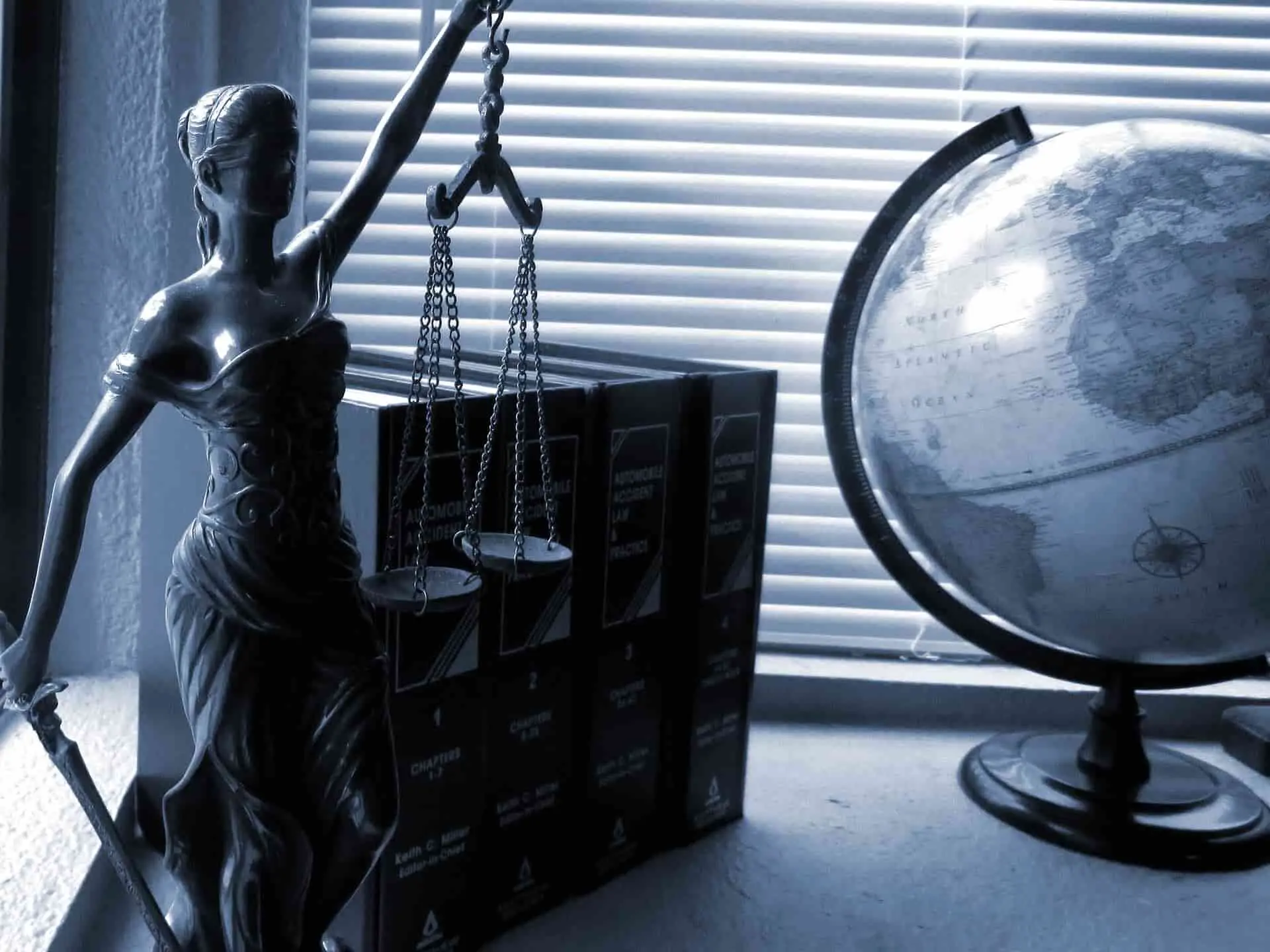Florida Court Discusses Spoliation of Evidence

In car accident cases where it is alleged a car was unsafe due to either the manner in which it was designed or manufactured, the car itself can be important evidence in establishing liability. In some cases, a plaintiff has a duty to preserve the car so that the opposing party may inspect it, and the failure to do so may adversely affect the plaintiff’s case.
Recently, the United States District Court of the Southern District of Florida analyzed the factors needed to impose an adverse inference against the plaintiff for failing to preserve a car that was allegedly defective. If you were injured in a South Florida car accident, you should speak with an experienced attorney as soon as possible to avoid taking any actions that could adversely affect your case.
Factual and Procedural Background
It is reported that the plaintiff was involved in a one vehicle accident, in which he swerved to avoid a car that made an improper lane change and lost control of his vehicle. His vehicle left the roadway and flipped over, landing on its roof. He suffered severe injuries and required amputation of his left arm. The plaintiff’s insurance company deemed the plaintiff’s car a total loss. The plaintiff transferred the title of his vehicle to the insurer. Neither the plaintiff nor the insurer preserved the vehicle. The plaintiff subsequently filed a product liability action against the defendant car manufacturer alleging that his car was defective.
Specifically, he alleged that the airbags did not deploy, and the seatbelt and rollover protection systems were ineffective. The defendant argued that the plaintiff’s negligence caused the accident and that it was prejudiced by the inability to inspect the vehicle prior to the transfer of title. As such, the defendant requested an adverse inference instruction at trial, due to the alleged spoliation of evidence.
Spoliation of the Evidence
Spoliation is the destruction or alteration of evidence. To prove spoliation the allegedly prejudiced party must show that the evidence in question existed at one time and the spoliator had a duty to preserve the evidence. A duty to preserve arises when the party that has the evidence knows that litigation is likely. The party alleging spoliation must also show that the evidence was crucial to either establishing liability or a defense. When a party establishes spoliation the party must then show bad faith in order for the court to impose sanctions for the spoliation. Bad faith can be established via circumstantial evidence if the spoliator took an affirmative action that caused the loss of the evidence which cannot be reasonably explained, despite knowing of the duty to preserve the evidence.
Here, the court found that the plaintiff did not have a duty to preserve the car at the time he transferred the title. The court explained that a duty arises when litigation is contemplated, not when there is merely potential liability. The court found that at the time the plaintiff transferred title litigation was not reasonably foreseeable. Further, the court found no evidence the transfer of title was made in bad faith. As such, the court denied the defendant’s request for an adverse inference instruction at trial.
Consult a Seasoned South Florida Car Accident Attorney Today
If you were involved in a South Florida car accident that may have been caused by a manufacturing or design defect you should consult a seasoned car accident attorney to discuss the facts of your case and what evidence may be needed to prove liability. The South Florida personal injury attorneys of Donaldson & Weston will work diligently to assist you in your pursuit of any damages you may be able to recover. You can contact our offices at 772-266-5555 or 561-299-3999 to set up a free and confidential conference.
More Blog Posts:
Florida Court Addresses When Car Accident Victims Can Be Awarded Attorney’s Fees, South Florida Injury Lawyer Blog, October 26, 2018
